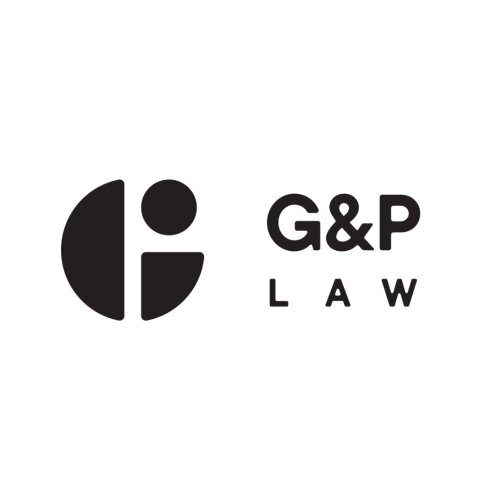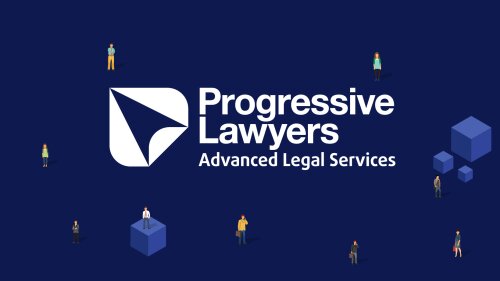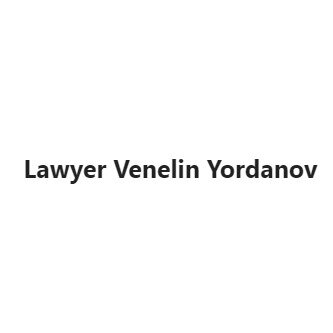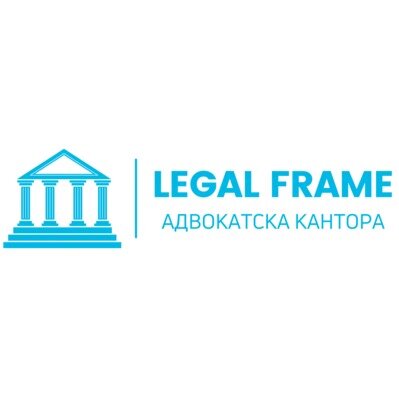Best Sanctions & Export Controls Lawyers in Sofia
Share your needs with us, get contacted by law firms.
Free. Takes 2 min.
List of the best lawyers in Sofia, Bulgaria
About Sanctions & Export Controls Law in Sofia, Bulgaria
Sanctions and export controls law in Sofia, Bulgaria refers to the legal rules, regulations, and international agreements that govern the restriction or control of the movement of certain goods, technologies, services, and financial assets across borders. These laws are designed to ensure Bulgaria’s compliance with both European Union regulations and United Nations Security Council Resolutions concerning trade embargoes, sanctions targeting specific countries, individuals, or organizations, as well as specific export-controlled goods such as military items or dual-use goods. As an EU Member State, Bulgaria’s sanctions and export controls framework is closely aligned with European Union law, administered at the local level by national authorities based in Sofia.
Why You May Need a Lawyer
The field of sanctions and export controls can be highly complex and subject to rapid change, especially in light of evolving geopolitical events. Individuals and companies in Sofia may require legal assistance for several reasons, including:
- Ensuring compliance with EU and national sanctions when doing business with foreign partners.
- Understanding whether certain goods or technologies require an export license prior to shipping abroad.
- Responding to investigations by Bulgarian or European authorities regarding suspected sanctions violations.
- Drafting and reviewing contracts to avoid breach of sanctions or export control laws.
- Navigating penalties or enforcement actions for alleged violations.
- Implementing internal compliance programs for businesses involved in cross-border trade.
- Advising on the impact of newly imposed EU or UN sanctions on ongoing business operations.
- Assisting with voluntary disclosure to authorities in cases of accidental non-compliance.
An experienced lawyer can help you understand your obligations, minimize legal risks, and efficiently resolve issues if you become subject to an investigation or enforcement action.
Local Laws Overview
In Sofia, the core aspects of sanctions and export controls law are shaped by Bulgaria’s commitments as a member of the European Union and as a party to key international treaties.
- EU Sanctions: Bulgaria enforces all restrictive measures adopted by the EU, including trade embargoes, asset freezes, and travel bans directed at specific countries, entities, or individuals.
- National Implementation: Local authorities in Sofia, such as the Ministry of Economy and the Bulgarian Customs Agency, are responsible for administering and enforcing these measures within Bulgaria.
- Dual-Use Goods: Export of dual-use goods (items with both civilian and military uses) is subject to licensing and control under both EU regulations and national law.
- Military Goods Export: The export, import, and transit of military items require special authorization, usually issued by the Interministerial Council on the Export Control of Defense-Related Products and Dual-Use Items and Technologies.
- Penalties: Violations of sanctions and export controls laws in Bulgaria can result in administrative fines, confiscation of goods, and in serious cases, criminal prosecution.
- Regular Updates: Sanctions lists and export control guidelines are frequently updated, so ongoing compliance checks are necessary for businesses engaged in international trade.
It is crucial for companies, especially those involved in importing, exporting, or international finance, to keep abreast of these local and EU-wide developments to avoid unintentional breaches.
Frequently Asked Questions
What are sanctions and who imposes them in Bulgaria?
Sanctions are restrictive measures, such as asset freezes or trade embargoes, imposed on countries, individuals, or organizations. In Bulgaria, sanctions are mainly derived from European Union regulations and United Nations Security Council Resolutions, and are enforced by Bulgarian authorities.
Which goods are subject to export controls in Bulgaria?
Goods subject to export controls include military products, dual-use goods, certain chemicals, technologies, and sensitive items that could have military applications or be used in the development of weapons of mass destruction.
Do I need a license to export goods from Bulgaria?
You may need an export license for military or dual-use goods, as well as goods subject to specific sanctions. The requirement depends on the nature of the item, destination country, and end-use. Always check with the relevant Bulgarian authorities before exporting.
What happens if I violate sanctions or export control regulations?
Violating these laws can result in serious consequences, including administrative fines, seizure of goods, loss of export privileges, or even criminal prosecution, depending on the severity of the violation.
How can I verify if a transaction partner is under sanctions?
Regularly consult the consolidated EU Sanctions List and local governmental bulletins to verify if your business partner is subject to sanctions. Legal counsel can assist with due diligence checks.
Are Bulgarian sanctions different from EU sanctions?
Bulgaria primarily enforces sanctions adopted by the European Union. However, there may be additional administrative procedures or national implementation rules specific to Bulgaria.
What is a dual-use item?
Dual-use items are goods, software, or technologies that can be used for both civilian and military applications, such as certain chemicals, electronic components, or encryption software.
Who issues export licenses in Bulgaria?
Export licenses for dual-use and defense-related products are issued by the Ministry of Economy’s Export Control Directorate or, for certain military items, the Interministerial Council on Export Control.
How often do sanctions and export control lists change?
These lists can change frequently, depending on global developments and updates in EU or UN policy. It is important for businesses to continually monitor them for changes that may affect their operations.
Can a lawyer assist with voluntary disclosure of a sanctions violation?
Yes, a lawyer can help you prepare and submit a voluntary disclosure to authorities, potentially reducing penalties for inadvertent violations and helping you develop a compliance strategy.
Additional Resources
If you require information or guidance, consider contacting the following resources in Bulgaria:
- Ministry of Economy - Export Control Directorate (for licensing and regulatory advice).
- Bulgarian Customs Agency (for customs and border-related inquiries).
- Interministerial Council on Export Control (for military and dual-use goods authorization).
- Commission for Protection of Competition (for issues relating to business relationships that may intersect with sanctions).
- Official publications and updates from the Council of the European Union regarding EU sanctions.
- Legal aid services or local bar associations in Sofia for professional legal advice.
Next Steps
If you believe you require legal assistance relating to sanctions or export controls in Sofia, Bulgaria, consider the following steps:
- Identify the specific issue or transaction that may be affected by sanctions or export regulations.
- Gather all relevant documentation, including contracts, correspondence, and technical details of goods or services.
- Consult official lists and government publications to check for any applicable sanctions or export restrictions.
- Reach out to a lawyer or legal advisor specializing in sanctions and export controls law for a detailed review and legal opinion.
- Ask about the need for compliance programs, potential risks, and any necessary corrective actions.
- If under investigation, do not respond without legal counsel. Your lawyer can assist in communicating with authorities and preparing a thorough defense or voluntary disclosure if needed.
Acting proactively and seeking expert legal advice ensures your activities remain compliant with the complex regulatory framework governing sanctions and export controls in Sofia, Bulgaria.
Lawzana helps you find the best lawyers and law firms in Sofia through a curated and pre-screened list of qualified legal professionals. Our platform offers rankings and detailed profiles of attorneys and law firms, allowing you to compare based on practice areas, including Sanctions & Export Controls, experience, and client feedback.
Each profile includes a description of the firm's areas of practice, client reviews, team members and partners, year of establishment, spoken languages, office locations, contact information, social media presence, and any published articles or resources. Most firms on our platform speak English and are experienced in both local and international legal matters.
Get a quote from top-rated law firms in Sofia, Bulgaria — quickly, securely, and without unnecessary hassle.
Disclaimer:
The information provided on this page is for general informational purposes only and does not constitute legal advice. While we strive to ensure the accuracy and relevance of the content, legal information may change over time, and interpretations of the law can vary. You should always consult with a qualified legal professional for advice specific to your situation.
We disclaim all liability for actions taken or not taken based on the content of this page. If you believe any information is incorrect or outdated, please contact us, and we will review and update it where appropriate.

















